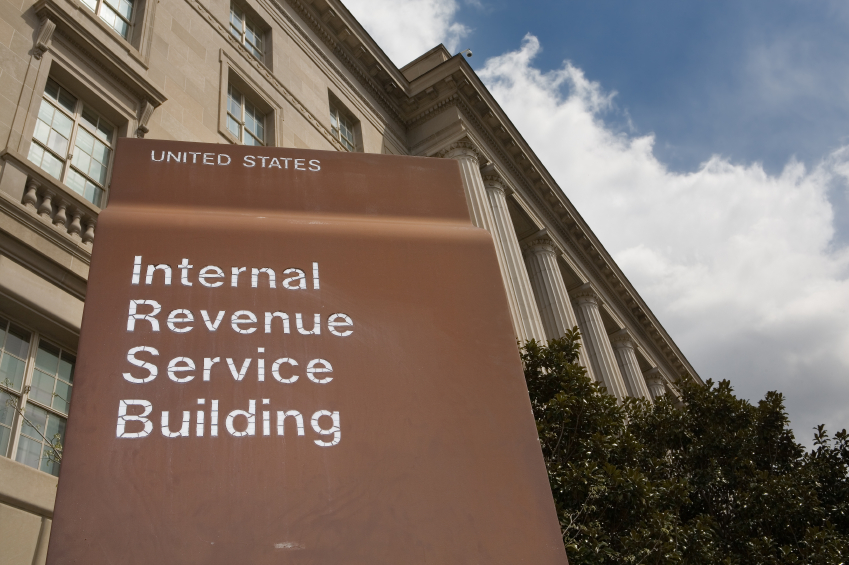Marjorie Taylor Greene rejects Fed’s digital payment system
04/06/2023 / By Arsenio Toledo

Republican Rep. Marjorie Taylor Greene of Georgia has rejected the upcoming Federal Reserve-backed central bank digital currency (CBDC) payment system and has called for the United States to return to the gold standard.
Greene was responding to news that the Fed was launching its own digital payment system. On Twitter, she shared an article from CNBC announcing that the payment system, “FedNow” would be launched in July.
“We should go back to the gold standard, not digital currency payment systems,” wrote Green on her Twitter account. “Hard pass.” (Related: Ron DeSantis to introduce legislation in Florida prohibiting the use of CBDCs in the state.)
Greene’s negative opinion of the Fed’s attempts to create a digital payment system, which they believe will pave the way for the eventual adoption of a CBDC, has been gaining traction among other members of Congress as well as their constituents.
Her statement also comes as many major economies around the world shift away from their reliance on the U.S. dollar and invest more in gold.
The U.S. only got off the gold standard in 1971, when former President Richard Nixon brought an end to the World War II-era Bretton Woods financial-economic system and transformed the international monetary system into a fiat-based one.
FedNow could give federal government control over how people spend their money
According to Federal Reserve Bank of Richmond President Tom Barkin, FedNow will create “a leading-edge payments system that is resilient, adaptive and accessible.” Barkin also serves as the program’s main executive sponsor.
The FedNow program will allow bill payments and money transfers such as paychecks and disbursements from the government. The FedNow program will also allow a whole host of other consumer activities that the Fed claims can be conducted more rapidly and at lower cost to the consumer.
The Fed further claimed that the FedNow system will be more convenient because participating institutions will have seven-day, 24-hour access to the system, as opposed to regular banking and payment systems that close on weekends.
The first participants of the FedNow program will complete a training and certification process by early April in preparation for the July launch.
“With the launch drawing near, we urge financial institutions and their industry partners to move full steam ahead with preparations to join the FedNow Service,” said Ken Montgomery, first vice president of the Federal Reserve Bank of Boston and another program executive of FedNow.
Other program advocates claim the FedNow system will be able to get money out to people much more quickly, including government handouts like the payments issued to most of the population in the early days of the Wuhan coronavirus (COVID-19) pandemic.
But critics of the program warn that FedNow could effectively give the federal government control over how people spend their money.
“A CBDC tied to digital ID and social credit score will allow the government to freeze your assets or limit your spending to approved vendors if you fail to comply with arbitrary diktats, i.e. vaccine mandates,” warned Robert F. Kennedy Jr. “CBDCs grease the slippery slope to financial slavery and political tyranny.”
“While cash transactions are anonymous, a CBDC will allow the government to surveil all our private financial affairs,” added Kennedy. “The central bank will have the power to enforce dollar limits on our transactions, restricting where you can send money, where you can spend it and when money expires.”
Watch this clip of Glenn Beck speaking with author Justin Haskins about how the Federal Reserve’s FedNow program will ultimately end with the introduction of a CBDC.
This video is from the channel High Hopes on Brighteon.com.
More related stories:
Tennessee passes bill authorizing state treasurer to buy, sell and stockpile gold and silver.
Sources include:
Submit a correction >>
Tagged Under:
Central Bank Digital Currency, Collapse, currency collapse, currency crash, currency reset, digital currency, economic collapse, economics, economy, Federal Reserve, FedNow, finance, gold standard, Marjorie Taylor Greene
This article may contain statements that reflect the opinion of the author
RECENT NEWS & ARTICLES
COPYRIGHT © 2017 PENSIONS.NEWS
All content posted on this site is protected under Free Speech. Pensions.news is not responsible for content written by contributing authors. The information on this site is provided for educational and entertainment purposes only. It is not intended as a substitute for professional advice of any kind. Pensions.news assumes no responsibility for the use or misuse of this material. All trademarks, registered trademarks and service marks mentioned on this site are the property of their respective owners.



















